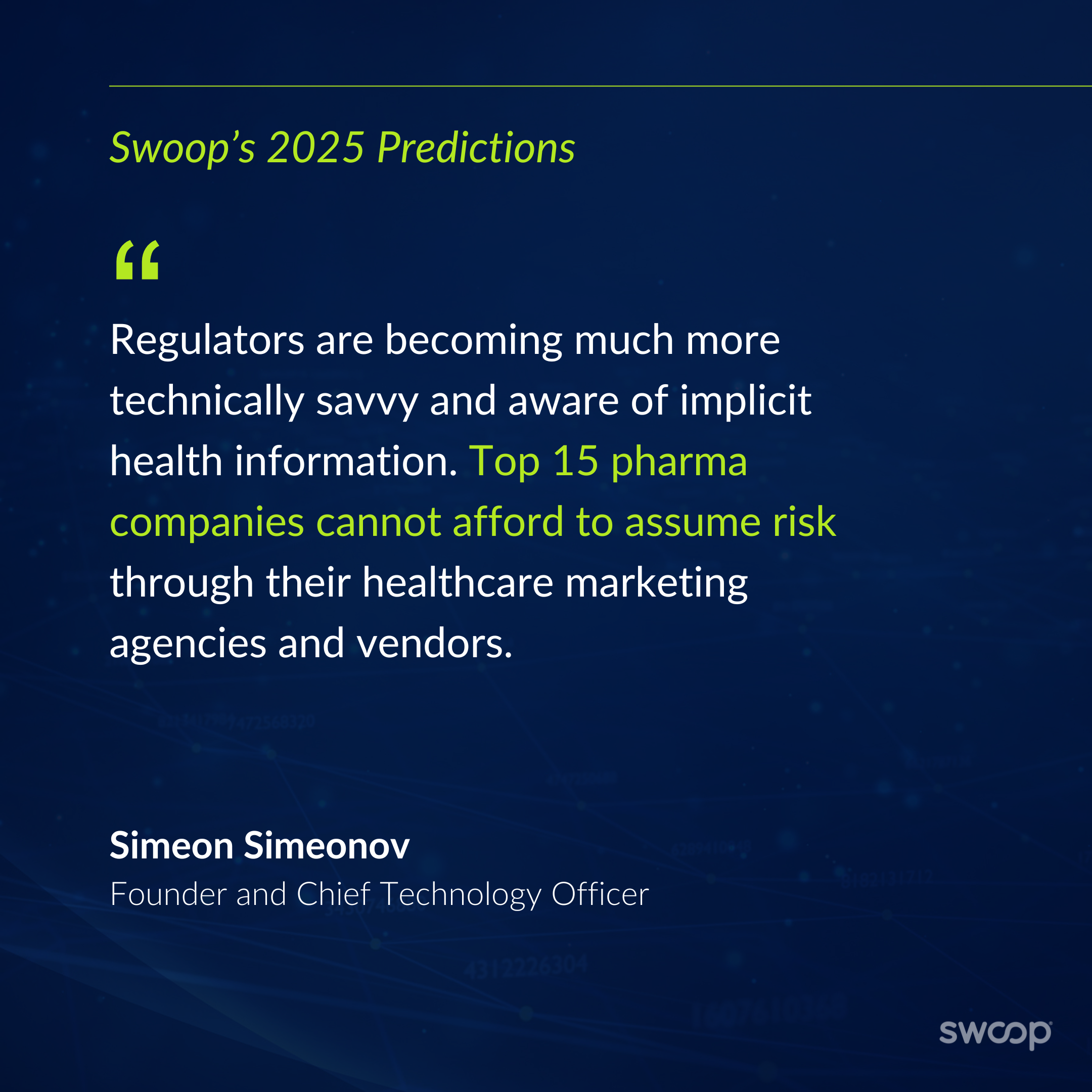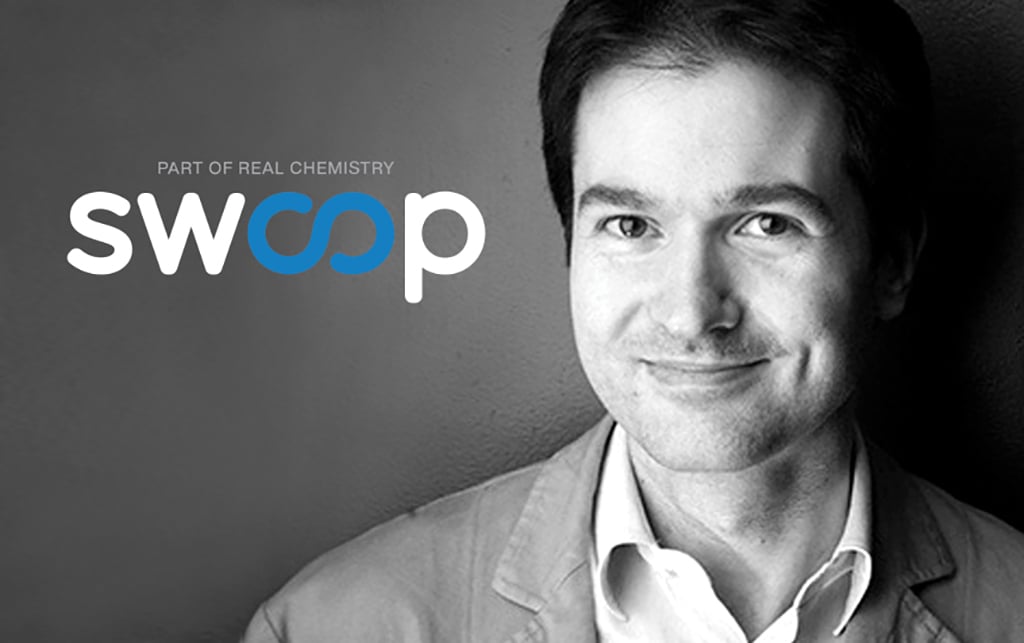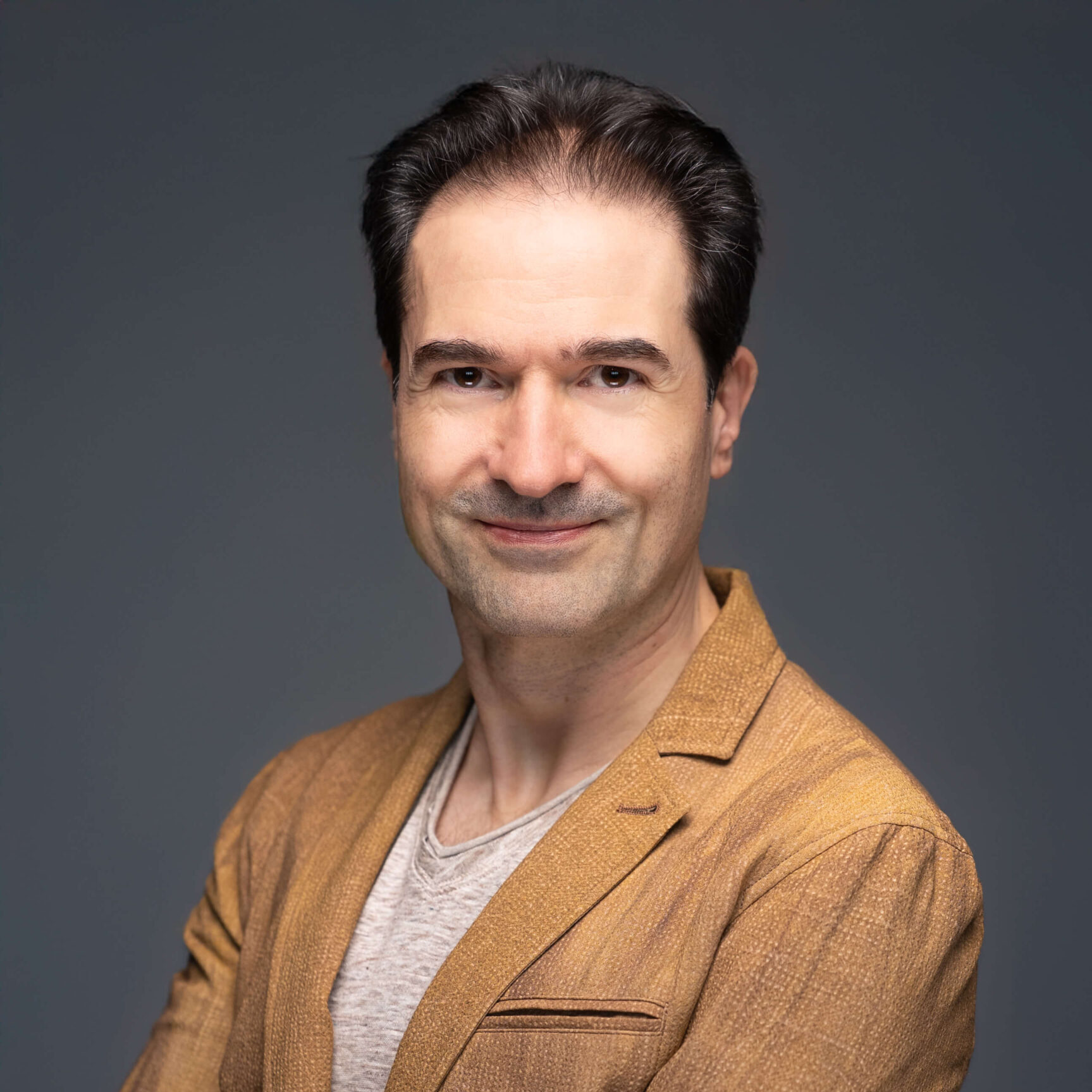Using AI to Target Your True HCP Influencers
By: [email protected], Chief Technology Officer, Swoop
Building relationships with key opinion leaders and working with the most likely brand advocates is critical to achieving optimal patient outcomes and realizing commercial success.
Targeting and engaging with healthcare providers (HCPs) has long been a core practice in pharmaceutical marketing. Building relationships with key opinion leaders (KOLs) and working with the most likely brand advocates is critical to achieving optimal patient outcomes and realizing commercial success. Yet, with expanding restrictions and bans on in-person engagement, plus the general increase in advertising spend over the past 12 to 18 months, it has become harder than ever to break through to the most relevant and influential HCPs.
Pharmaceutical companies have historically devoted substantial internal resources to developing close relationships with HCPs or outsourced to an agency that specializes in KOL identification – in both instances the results are unscalable, relationship-dependent, highly expensive and generate a low return. Traditionally, the only option for HCP targeting at scale has been by specialty and patient volume. This approach is simply too limiting. It lacks leverage, as it targets activity, not influence. It is inefficient, as targeting by patient volume is akin to a consumer packaged goods (CPG) company giving out coupons to frequent shoppers, many of whom are brand loyalists who’d buy anyway. It is imprecise, as specialty data is self-reported, and therefore may be largely obsolete. Last but not least, it is undifferentiated, as the real world evidence (RWE) data used to compute patient volume is readily available and competitors can target the very same way.
Instead of exclusively relying on stagnant tools to narrowly define impact, companies need scalable approaches for targeting HCPs that consider the multi-dimensionality of HCP influence. For instance, an HCP who is heavily involved with clinical trials, a physician that is regularly published, a medical professional with a substantial media presence or a doctor committed to working very closely with the industry.
Going even deeper beyond the surface of the archetypal influencer reveals RWE influencers who are unrecognized because they don’t write prescriptions themselves but influence the HCPs who do, as is typical with senior partners and other influencers affiliated with a medical practice. Other types of influencers include “referral influencers,” or HCPs who influence upstream from the prescribing NPI, “pharma influencers” who are associated with the Sunshine Act activities and attribution designations, as well as already established “social influencers” who are defined by their digital footprint and reside mainly on Twitter.
Artificial intelligence (AI) presents a unique opportunity to create a new channel for partnering with brand ambassadors, leveraging brand messaging and educating patients at scale. However, in today’s pharmaceutical marketing ecosystem, brands and agencies must be judicial in their choice of partner and separate the hype of AI messaging from true capability. They should seek out firms whose foundations lie in AI with the right people, technology and processes at the core of their business to address a simple question with a complex answer: “What is HCP influence and who are my most valuable influencers?”
At Swoop, we integrate NPI lists from our clients into our privacy-safe data ecosystem and score each HCP based on their propensity to influence. By exclusively focusing on influential HCPs (removing non-influencers from a client’s list and adding highly similar influencers who should have been originally included but were missed) our AI system gives pharmaceutical marketers a scalable solution to refine their target audience, associated messaging and activation channels, optimizing outcomes for their campaigns, brands and patients. We use proprietary data sources and technology such as our VeraSpec Modeling, uReferral Graph, and SOARdetect to extrapolate dimensions of influence and build an ideal HCP influencer audience.
Swoop combats the staleness of targeting influencers through ineffective NPI and specialty lists, segmenting our data into usable audiences based on tangible HCP behavior. The goal of pharmaceutical marketers is to ensure their messaging reaches the right people at the right time in their healthcare journey and targeting HCP influencers is a critical method of maximizing both scale and leverage to optimize spend.
By definition, influencers teach, almost guaranteeing a cascading use effect and increased ROI. Companies that partner with Swoop to target HCP influencers are engaging in a highly scalable method to better leverage spend, increase efficiency, maximize awareness and improve patient outcomes.
Tolearn more about Swoop’s privacy-safe AI-driven precision HCP influencer targeting, visit www.swoop.com.
About the Author
Chief Technology Officer

Sim brings more than 25 years of experience in building high performance teams that have pushed the boundaries of deep learning, artificial intelligence and neural networks. He previously served as VP of Emerging Technologies at Macromedia (now Adobe).

